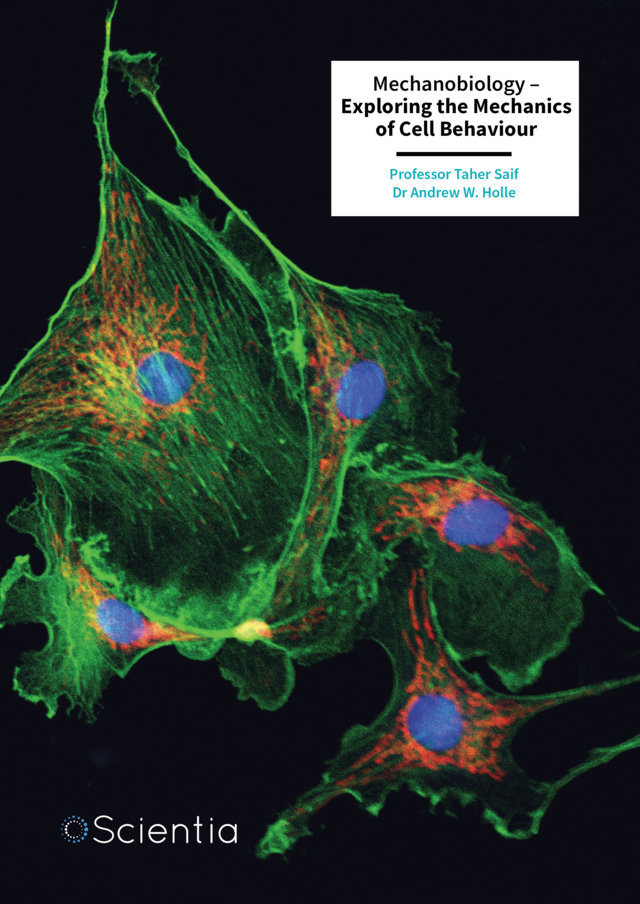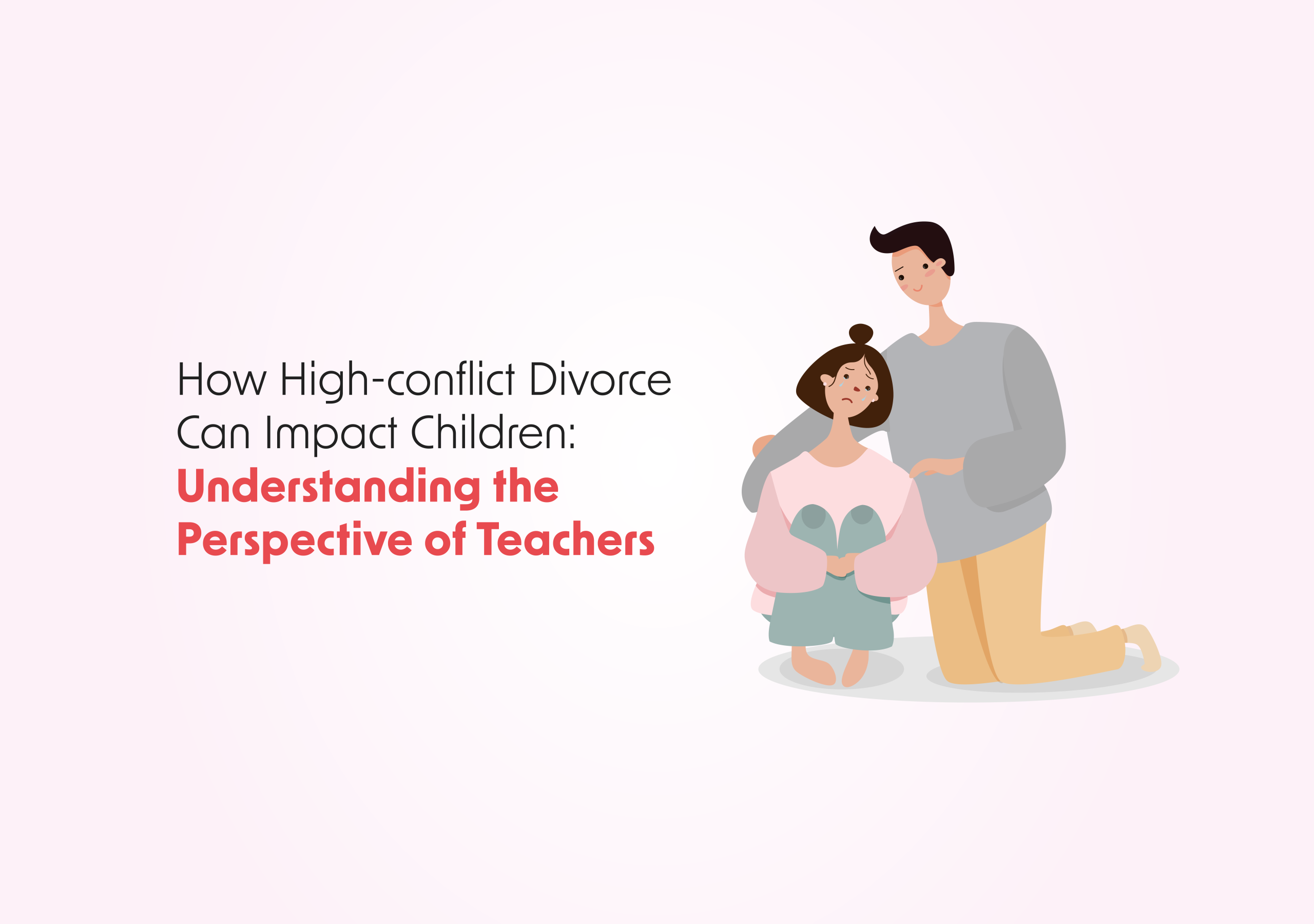In a recent paper, Professor Radu Mares of Lund University in Sweden examines the UN’s recent efforts to create an international treaty for addressing human rights violations involving transnational corporations. He explores the history and context of this work and interrogates its effectiveness. More
Finding the right tools to regulate transnational corporations and hold them legally accountable for human rights misconduct is a hot-button issue.
As the broadest multilateral organisation with a human rights mandate, the UN has a unique role to play in advancing corporate and state responsibility. Since the 1970s, the UN has been involved in efforts to regulate transnational corporations and their supply chains. The first success came in 2011, when states in the Human Rights Council endorsed a set of Guiding Principles on Business and Human Rights – an influential soft law instrument that clarified state and corporate responsibilities when human rights are violated as a result of business operations. This created awareness and momentum, but was inherently limited in terms of remediation for victims and legal liability.
In 2014, the Human Rights Council began a treaty-making process. An Intergovernmental Working Group was established to discuss a legally binding instrument to regulate transnational corporations under international human rights law. By 2021, the treaty had been through three drafts and was taking shape. However, the process was contentious from its inception.
In a recent article, Professor Mares analyses the UN’s efforts in this process and explores the various issues and criticisms. His research draws on UN treaty drafts, national laws, and developments in corporate sustainability practice.
As Professor Mares explains, the 2011 Guiding Principles introduced the central contemporary method for managing the adverse impacts of corporations on human rights. This is called ‘due diligence’, and it seeks to uncover and address corporate misconduct throughout entire supply chains.
This risk management approach is useful, as it emphasises prevention, is familiar in a business environment, does not presuppose public regulation, and can bypass state sensitivities. However, it has also been criticised for superficiality, complacency, and ‘cosmetic compliance’.
Therefore, Professor Mares argues that it is important for due diligence to identify, recognise and address the root causes of human rights abuses in business operations. Given that production and consumption are now internationalised through complex supply chains, identifying and agreeing on the deeper causes of risk proves controversial. Indeed, there are multiple failures and abdications of responsibility from both business and states that often create human rights abuses and leave victims without reparations.
So, which root causes do the UN treaty drafts acknowledge, and what does this tell us about the treaty-making process?
To simplify, one can look at the international supply chains as having a top or centre where influence and power are concentrated, often in transnational corporations, and a bottom or periphery where workers and suppliers operate and produce in exploitative conditions, often in developing countries.
Regarding the top of global supply chains, the UN draft treaty emphasises the regulation of transnational corporations, reparations for victims, and liability of transnational corporations for their supply chains. The drafts lower the threshold for holding parent companies accountable. This moves liability up the supply chain, meaning that companies benefitting from excessive risk-taking must take action to prevent and compensate losses. Outsourcing production does not mean outsourcing responsibility. The failings of transnational corporations are seen as the root cause of harm in supply chains.
At the bottom of global supply chains, the treaty drafts originally excluded domestic enterprises from the treaty’s scope. Many criticised this as an illogical and short-sighted approach. Indeed, domestic companies are suppliers and an integral part of transnational corporations’ networks, and victims do not care whether their rights have been infringed by foreign or domestic entities. From this perspective, the root causes are not solely related to transnational corporations and foreign entries, but have also to do with failings of local companies and weak rule of law.
In the recent drafts, the treaty has been changed to cover all businesses, but this compromise remains fragile. This has been received well by businesses, industrialised states and NGOs, but criticised by some developing countries, that feel that the treaty should only focus on transnational corporations that are uniquely capable of evading states’ jurisdictional reaches.
The third ‘root cause’ highlighted by the draft is competition at all levels of the supply chains, which can create destructive ‘races to the bottom’. A treaty is uniquely equipped to address this issue, as it can level the playing field. A treaty means states take collective action to protect human rights rather than outcompete each other for economic gains. Competition, if unregulated, is thus a root cause that curtails the ability of companies – large or small – as well as countries – industrialised or developing – to make human rights improvements in supply chains.
However, treaties need to be accepted and ratified by each state, which puts ratifying states at the risk of being undercut in the marketplace by states that chose to stay out. States need mutual reassurance that this will not happen. However, Professor Mares argues that the treaty does not adequately address the risk that important states will find the current treaty design unbalanced and impossible to ratify.
Given the history of the UN’s failed attempts to regulate transnational corporations, it is worth asking: is this current treaty process simply reapplying arguments and ideas that have previously failed to gain traction?
Some say no. For example, while attempts to regulate transnational corporations in the 1970s focused on realising the collective right to development, current efforts seek to limit corporate power through a framework of human rights.
However, there are also similarities. Some argue that the UN process disproportionately focuses on Western transnational corporations and industrialised countries. While concordant with the anti-colonial project of G77 developing countries, this may not reflect the realities of today and therefore not achieve the best outcomes. In this view, there is a risk that the declared human rights focus of the treaty will become a proxy for states wishing to resurrect statism and developmentalism not necessarily rooted in human rights.
Overall, it remains to be seen how the treaty will evolve to reconnect or diverge from previous efforts and whether it will be deemed feasible for ratifying states.
Professor Mares also investigates how the business sector views the above root causes and the ‘inconvenient truths’ of outsourcing production.
It is only recently that transnational corporations began to publicly admit the significant negative effects of their own decisions on the treatment of workers in supplier factories. This is referred to as irresponsible ‘purchasing practices’ or ‘downward pressures’ that transnational corporations put on their suppliers. They take many forms such as low purchase prices, shorter manufacturing times, and unfair penalties that together squeeze suppliers and exacerbate the risk of labour abuses. This can lead to low wages, excessive overtime and unsafe buildings. NGOs and experts have been highlighting these issues for decades, but there is now widespread awareness that purchasing practices are fundamental in human rights compliance.
The importance of host state conduct in labour conditions has also been acknowledged. Host states can be unwilling to recognise human rights obligations or simply unable to, due to severe market competition. Some transnational corporations have emphasised that lasting improvements can only come from improved industrial relations systems and domestic legal frameworks. These companies have taken action to support local actors and persuade host countries to undertake such systemic changes, including on the rights of trade unions, which can become sensitive for some governments.
Finally, Professor Mares explores the recent wave of due diligence laws at national and regional levels and asks – what does this mean for the UN treaty process?
The Guiding Principles have facilitated regulatory processes at domestic and regional levels, particularly in the European Union. However, such domestic laws in industrialised nations that host transnational corporations have differed from the treaty drafts. Such laws do not recognise transnational corporations as the sole root cause that needs to be addressed. The design of these laws is therefore calibrated differently than the UN treaty. Some see this as a welcome turn from voluntary to mandatory due diligence and applaud the new legal sanctions, such as administrative fines and compensation under tort law. Other commentators see this legal design as insufficient both for deterring transnational corporations as well as providing reparations for victims.
It remains to be seen whether these recent laws can generate corporate compliance with due diligence and improve the enjoyment of human rights. It will be particularly interesting to see how the UN treaty drafters respond to these developments in national laws and whether these laws will help or hinder the current push for regulation at the UN level.
Overall, the draft treaty process has been notable for its intention to plug a major gap in international law – the absence of a UN treaty on transnational corporations despite efforts over five decades. But there have been issues and unresolved tensions. The treaty has been selective and ambivalent in terms of the root causes it addresses: it defaults to a corporate liability model that passes responsibility to the top of the supply chain, and it pays insufficient attention to the incentives of different states affected by market competition. This is problematic for finding a systemic solution. The choices that drafters make from here will decide whether the treaty will be adopted and ratified, and have a practical impact on human rights.







